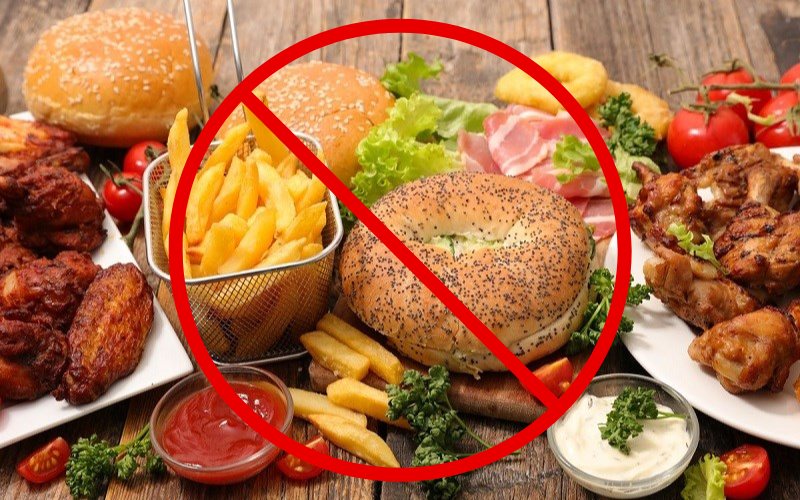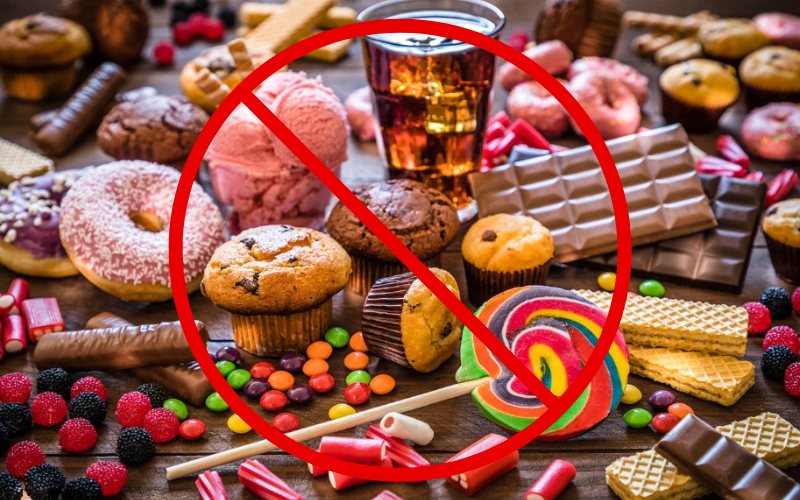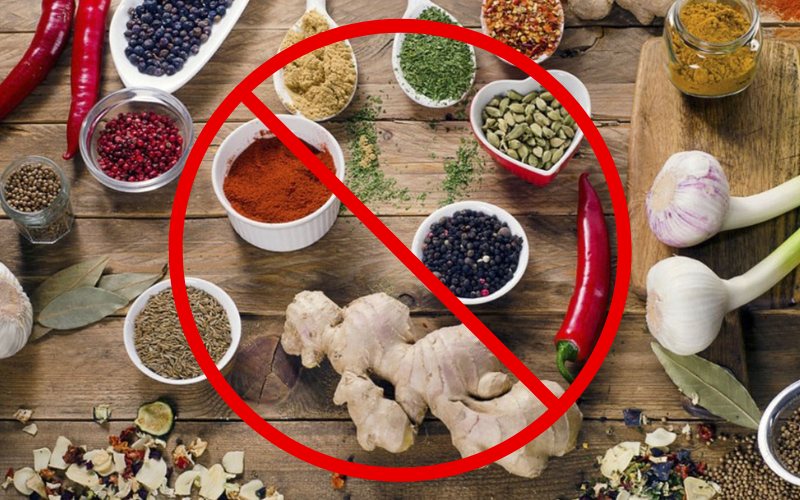Digestive issues in young children are a common concern for parents. Children’s digestive systems are still developing and can be easily affected by various factors such as diet, environment, or even weather changes. When a child experiences digestive problems, it is crucial to pay special attention to their nutrition to aid their recovery.
So, what should a child with digestive issues eat, and what should they avoid? Let’s explore these questions in today’s article!
Note: This article is for reference only and should not be considered a substitute for medical diagnosis or treatment.
1 What Should a Child with Digestive Issues Eat?
When your child is facing digestive problems, it is essential to consult with your pediatrician to develop an appropriate diet plan that won’t aggravate their condition and will ensure they receive adequate nutrition.
Prioritize soft, liquid, and easily digestible foods to enhance your child’s absorption. Here are some suggestions:
Protein
- Breast Milk: Breast milk is a rich source of nutrition, boosting your child’s immune system and aiding in their recovery.
- Formula: With its low saturated fat content, formula is a safe option during your child’s digestive treatment.
- Yogurt: Yogurt provides both protein and unsaturated fats, helping your child meet their nutritional needs while also stimulating their taste buds.
- Cheese: The probiotics in cheese support the improvement of your child’s digestive system.
 Protein
Protein
Fats
Opt for olive oil, avocado, and nuts instead of animal fats. Minimize deep-fried and oily foods to reduce the burden on your child’s digestive system.
 Fats
Fats
Carbohydrates
- Rice-based Foods: Porridge, rice noodles, and rice vermicelli are easy to digest and suitable for children with digestive issues.
- Legumes and Whole Grains: Soybeans, peas, chia seeds, and oatmeal are excellent sources of fiber and plant-based protein, beneficial for your child’s health and their condition.
 Carbohydrates
Carbohydrates
Vitamins and Minerals
- Bananas: Rich in potassium, magnesium, and vitamin B6, bananas are easily absorbed and beneficial for your child’s health when they are unwell.
- Sweet Potatoes: Sweet potatoes provide vitamin A and calories, stimulating intestinal motility and providing essential nutrition.
- Prunes: Prunes act as a natural laxative, improving constipation and digestive issues.
- Pineapple: The enzymes and fiber in pineapple help enhance digestive function and boost immunity. Fresh pineapple or pineapple juice is an excellent choice for dessert or a snack.
- Avocado: Avocados are packed with unsaturated fats and vitamins, making them a nutritious addition to your child’s diet.
 Vitamins and Minerals
Vitamins and Minerals
2 What Should a Child with Digestive Issues Avoid Eating?
Fast Food and Processed Meats
Sausages, canned meat, bacon, pizza, hamburgers, and sandwiches are challenging to digest and should be avoided when your child is facing digestive issues.
 Fast Food and Processed Meats
Fast Food and Processed Meats
Sugar and Fiber-Rich Foods
- Chocolate, soda, cakes, and candies can increase acid levels in the stomach and heighten the risk of stomach aches.
- Children with diarrhea should refrain from eating fiber-rich foods like beans.
 Sugar and Fiber-Rich Foods
Sugar and Fiber-Rich Foods
Starchy Foods
- Corn, beans, and fatty products can lead to dry stools, making it difficult for constipated children to pass stools.
- Limit bread, pasta, cookies, cereals, and dairy products.
 Starchy Foods
Starchy Foods
Fatty and Spicy Foods
- Avoid spicy foods like mint, chili, pepper, and ginger, which can irritate your child’s digestive system.
 Fatty and Spicy Foods
Fatty and Spicy Foods
The above-listed foods are generally recommended and avoided for children with digestive issues. Always consult your doctor if you have any concerns, and they can provide personalized advice for your child’s specific needs.

































